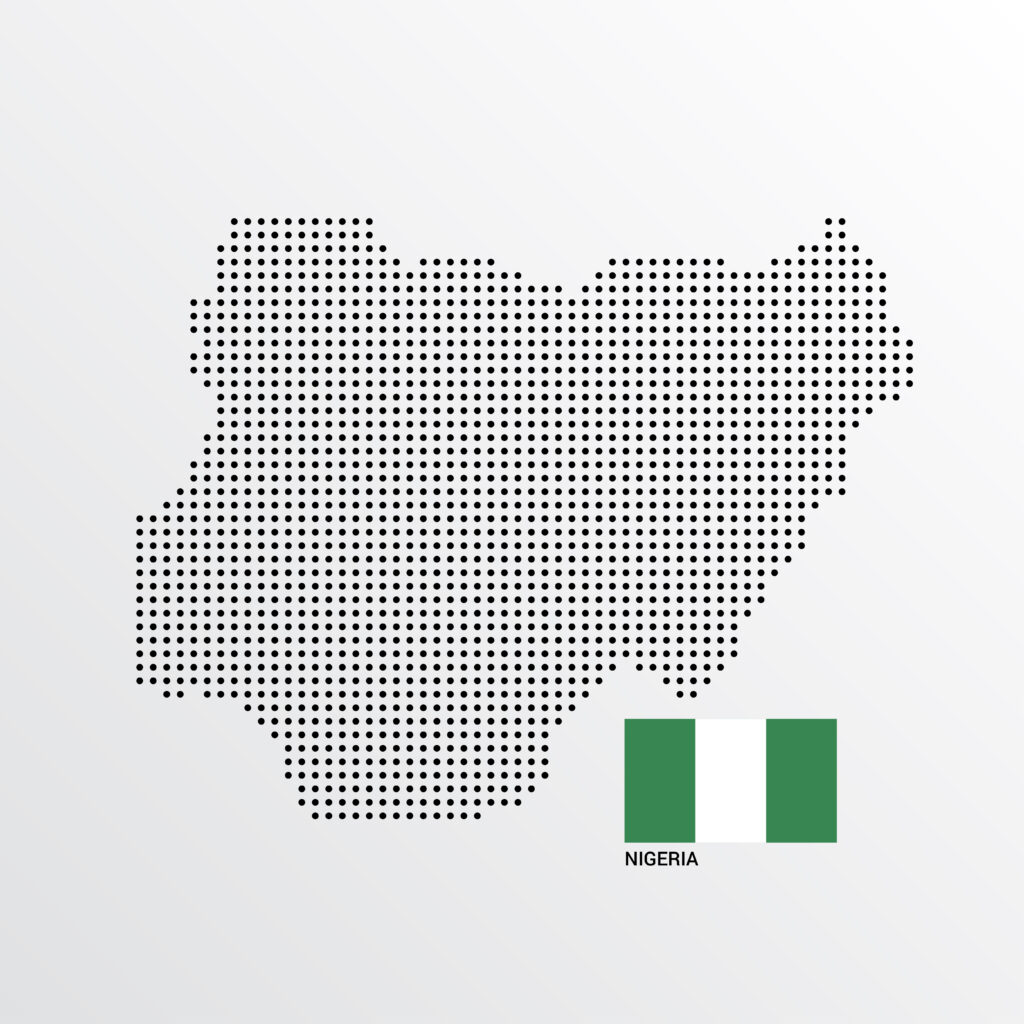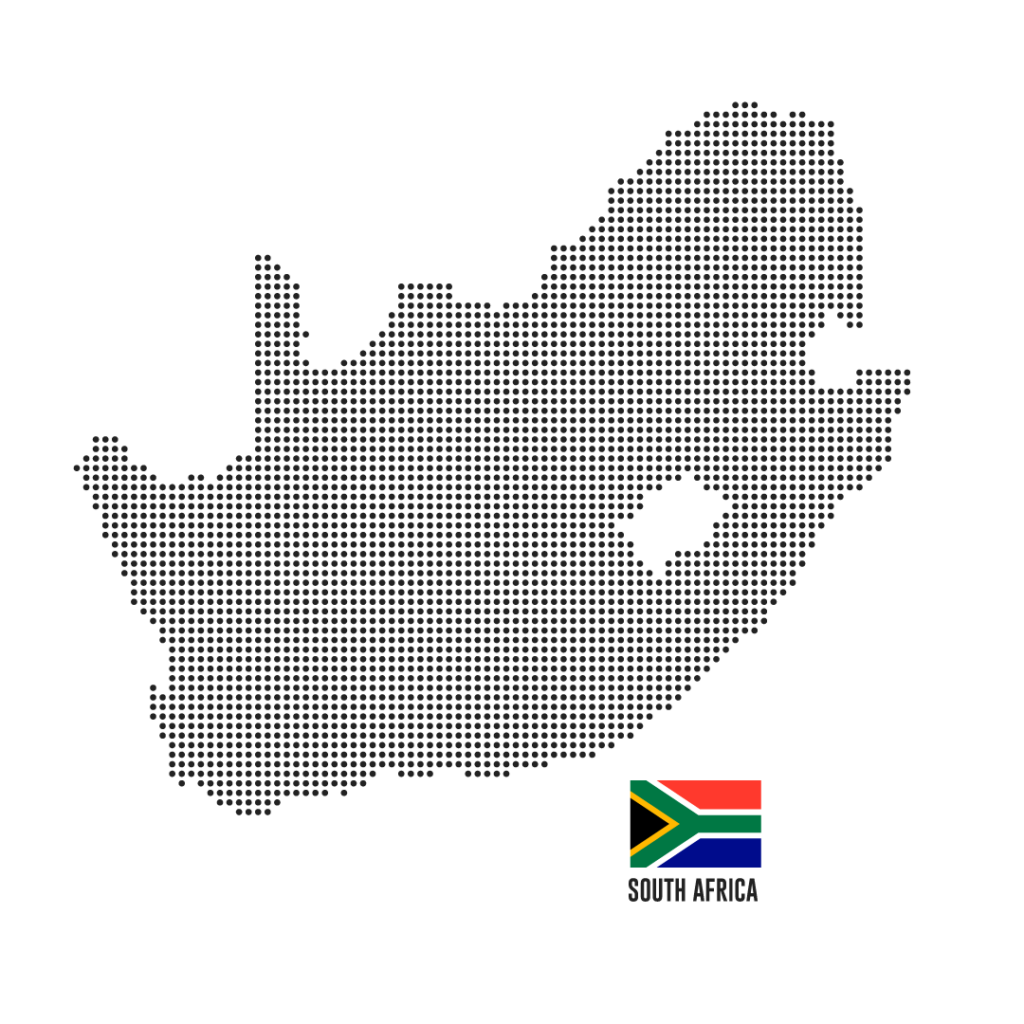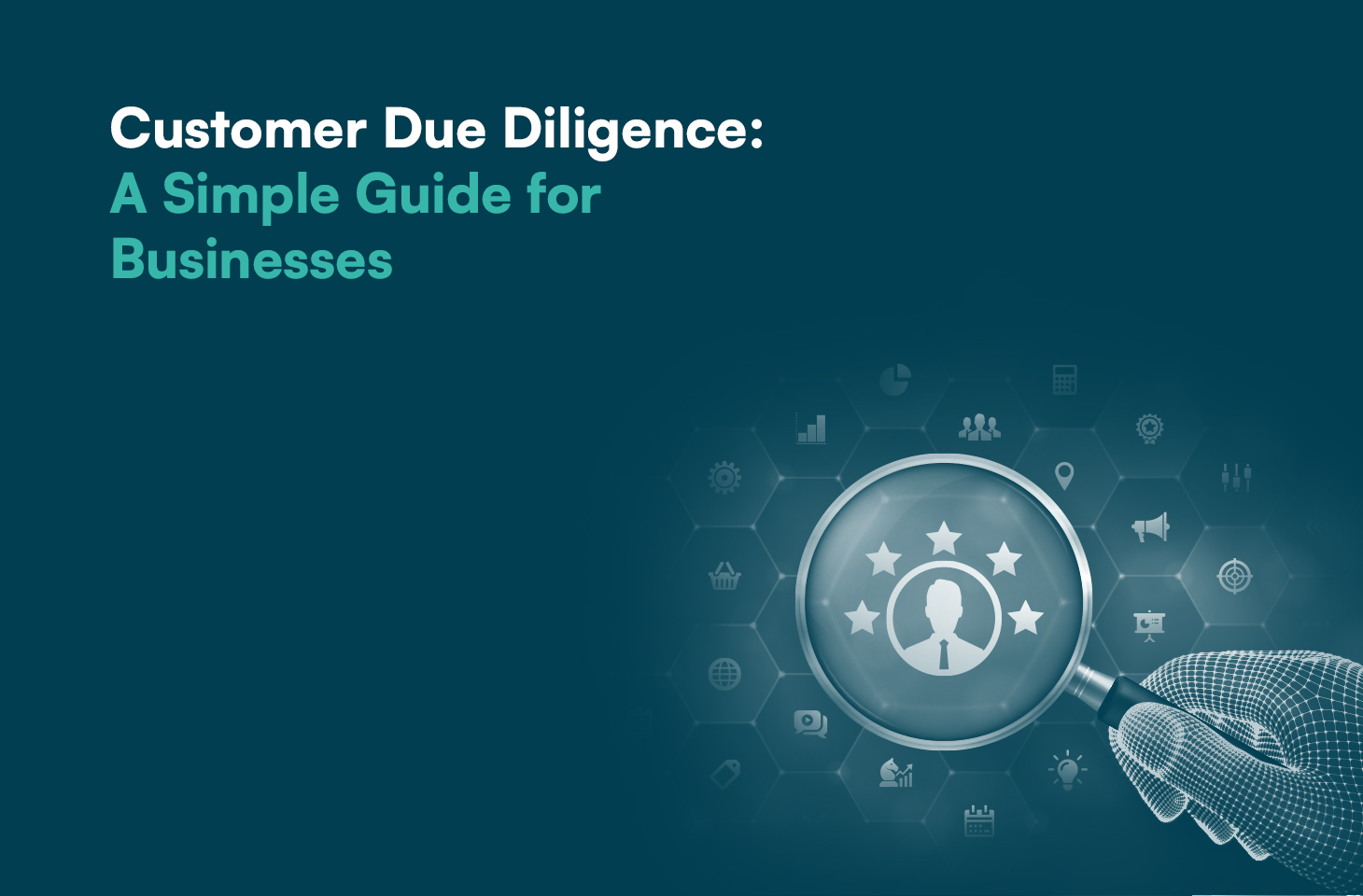Customer Due Diligence (CDD) is like doing a background check or screening on your customers before you do business with them. Just as you might check someone’s references before hiring them, businesses must verify who their customers are and understand the risks they might bring.
Think of it as getting to know your customers properly. Banks, insurance companies, and many other businesses are required by law to collect information about their customers to prevent money laundering, fraud, and terrorist financing.
Why Does CDD Matter?
CDD helps protect businesses and the financial system from criminals who try to use legitimate companies to hide illegal money. Without proper checks, bad actors could use your business to move dirty money around the world, putting your company at serious legal and financial risk.
Regulators in Africa, the UK, the USA, and the EU require businesses to know their customers. If you don’t follow these rules, you could face heavy fines, lose your license to operate, or even face criminal charges.
The Three Levels of Due Diligence
1. Simplified Due Diligence (SDD)
This is the basic level of checking, used for low-risk customers. It’s like a quick ID check at a store when you buy something small.
When to use SDD:
- Government agencies and public companies
- Customers making small transactions
- Well-known, regulated financial institutions
What you need to collect:
- Basic identity information
- Simple verification of who they are
- Limited ongoing monitoring
2. Standard Customer Due Diligence
This is the normal level of checking that applies to most customers. It’s more thorough than SDD but not as detailed as enhanced checks.
What you need to collect:
- Full name and address
- Date of birth
- Government-issued ID (like a passport or driver’s license)
- Proof of address
- Information about what they do for work
- Understanding of why they want to use your services
3. Enhanced Due Diligence (EDD)
This is the most thorough level, used for high-risk customers. It’s like a detailed background investigation.
When to use EDD:
- Politicians and their family members (called Politically Exposed Persons or PEPs)
- Customers from high-risk countries
- People involved in cash-intensive businesses
- Anyone with unusual transaction patterns
What you need to collect:
- Everything from standard CDD, plus:
- Source of wealth and funds
- Detailed background information
- More frequent monitoring of their activities
- Senior management approval for the relationship
CDD Requirements in African Markets.

Nigeria follows international standards through the Central Bank of Nigeria and the EFCC (Economic and Financial Crimes Commission). Banks and financial institutions must:
- Verify customer identity with a valid Nigerian ID or international passport
- Understand the customer’s business and income source
- Monitor transactions for suspicious patterns
Report large cash transactions above certain thresholds

The Central Bank of Kenya requires financial institutions to:
- Collect and verify customer identification documents
- Understand the purpose of the business relationship
- Conduct ongoing monitoring of transactions
Pay special attention to customers from high-risk areas or occupations

Ghana’s Anti-Money Laundering Act requires businesses to:
- Identify and verify customer identity using reliable documents
- Understand the nature of the customer’s business
- Determine if the customer is a politically exposed person
Keep detailed records of all customer information

South Africa’s Financial Intelligence Centre Act (FICA) requires:
- Clear identification and verification of customers
- Understanding the nature and purpose of business relationships
- Ongoing monitoring of business relationships and transactions
Special attention to complex or unusually large transactions
Practical Steps for Your Business
Start with risk assessment: Not all customers are the same risk. A local grocery store owner is probably lower risk than someone running a cash-heavy business or a foreign politician.
Collect the right documents: Make sure you get proper identification and proof of address. Don’t accept photocopies without seeing the originals.
Ask the right questions: Understand what your customer does for work, where their money comes from, and why they need your services.
Keep good records: Store all customer information securely and keep it up to date. You’ll need these records if regulators ask questions.
Monitor ongoing activity: Don’t just check once and forget. Watch for unusual patterns or changes in how customers use your services.
Train your staff: Make sure everyone who deals with customers understands these requirements and knows when to ask for help.
Customer Due Diligence isn’t just about following rules – it’s about protecting your business and the financial system from criminals. By understanding your customers properly, you reduce the risk of being used for illegal activities.
The level of checking you need depends on the risk each customer presents. Low-risk customers need basic checks, while high-risk customers need much more detailed investigations.
Whether you’re operating in Lagos, Nairobi, London, New York, or Johannesburg, the principles remain the same: know your customer, understand their business, and keep watching for anything unusual.
Remember, good CDD practices protect everyone – your business, your customers, and the broader financial system. When in doubt, it’s always better to ask more questions than too few.







